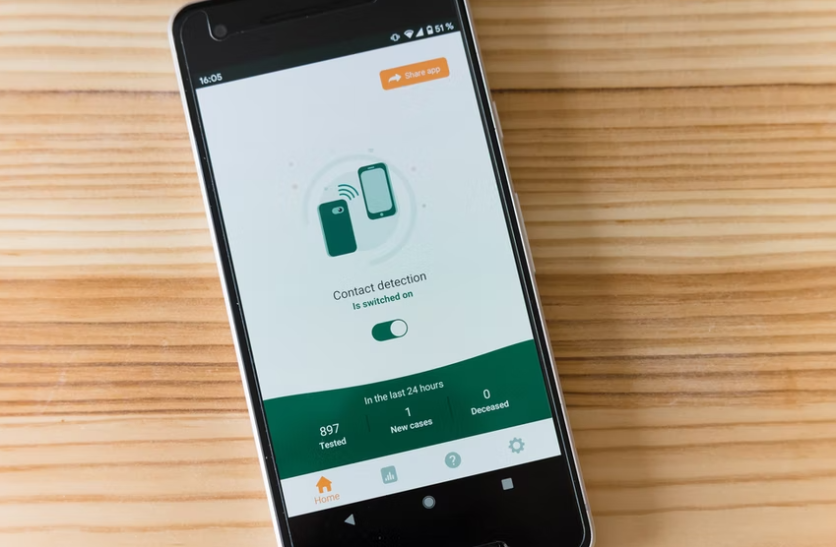
In 2018, the European Union passed rules that would eliminate mobile roaming fees for the citizens of its 27 nations traveling with their devices across borders within the bloc.
On July 1, the EU lawmakers updated the regulation, allowing European consumers to avoid extra fees while traveling around Europe until 2032.
EU Removes Roaming Fees for Travelers
According to MacRumors, the updated regulation has new additions, including a focus on the quality of service of the mobile networks.
There are also requirements added, like giving consumers access to the same services while they are abroad.
This means that when roaming, customers who can use 5G services in their own homes should also have the same 5G services when they travel to a country included in the EU's list of member states.
Also Read : Europe Votes To Kill Mobile Roaming By Mid-2017
However, the regulation also pointed out that the network speeds may be affected since it varies from place to place. Still, the Commission stated that the new rules aim to ensure that "when similar quality or speeds are available in the visited network, the domestic operators should make sure that the same quality of service is there."
Mobile operators are also required to inform their customers of the quality of services they can expect while traveling in different countries, and the information should be readily available on their official website.
The EU Commission argues that the quality of service will be very important as mobile operators roll out 5G services and network technology continues to evolve, according to GSMArena.
In a statement, the EU Commission suggests that as 5G services expand, it becomes more important for customers who constantly travel abroad to know if they could be affected by limitations in available network quality when using their devices.
The Commission also added that the new roaming rules aim to "enable innovation and business development" and that it wants to ensure the risk of citizens not being able to use certain applications requiring the latest network technology like 5G is minimized, especially when traveling.
EU's executive frames the updated mobile roaming regulation as a boon to digital innovation because it can help reduce the risk of usage disruption. This is because customers can use their apps and service even if they travel across borders in Europe.
Mobile Roaming in the UK
The EU Commission did not mention about the developments of mobile roaming in the United Kingdom, which pulled out of the EU in January 2020, following the 2016 Brexit referendum vote to leave the EU, according to BBC.
Since the EU roaming regulation ceased to apply, most of the massive mobile carriers have announced that they will be applying roaming charges for the UK subscribers traveling in the 27 member states of the EU.
Another focus for the updated regulation is around increasing transparency regarding the types of services that can still bring more costs when roaming, like calling customer service numbers, insurance companies, or help desks, to help travelers avoid bill shocks.
Related Article : Mahanagar Telecom Nigam Of India Soon To Launch Free Roaming
This article is owned by Tech Times
Written by Sophie Webster
![Apple Watch Series 10 [GPS 42mm]](https://d.techtimes.com/en/full/453899/apple-watch-series-10-gps-42mm.jpg?w=184&h=103&f=9fb3c2ea2db928c663d1d2eadbcb3e52)



